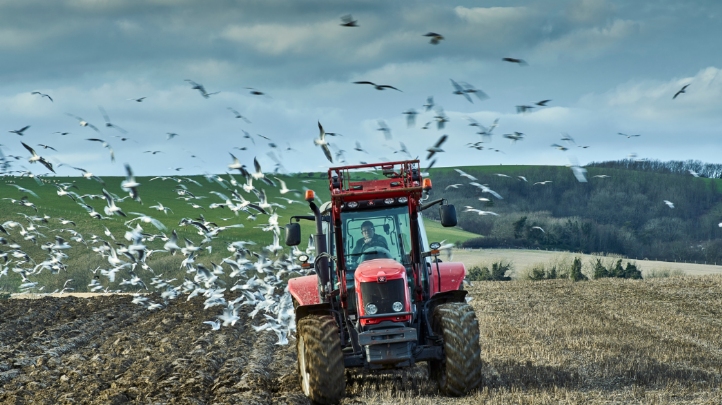WOBO supports the need for joined up thinking to meet the net-zero concepts.

The UK’s land must become a net carbon sink by 2040 if the UK Government is to meet its long-term climate targets but, to date, it has failed to produce joined-up plans for transitioning land use while supporting farmers and communities.
That is the line of argument taken by environmental NGO WWF in its latest report, which is entitled ‘Land of Plenty’ and has been published today (8 February).
The report plots a path to aligning the UK’s farming sector and other land use, which covers 70% of UK land and accounts for 12% of national annual emissions, with the legally binding 2050 net-zero target. The path also takes into account the need to halt and reverse biodiversity decline.
In WWF’s scenario, emissions from agriculture would be reduced by at least 35% by 2030, against a 2018 baseline. Also by 2030, nature loss in the UK would be halted and the reversal process would have begun. By 2040, land in the UK would become a net carbon sink.
Delivering these benefits, WWF argues, would require the Government and farming industry to move away from a ‘business-as-usual’ approach involving incremental change, to systems change in which emissions reductions from land-use change and regenerative approaches are prioritised.
The Government would also need to set binding targets to halve nitrogen waste and slash methane emissions from all sources by 30% by 2030, WWF argues. COP26 saw the UK, along with other nations, agree to this target on methane in principle. Read more..
UK Government criticised for failing to set emissions targets for farming and land use
